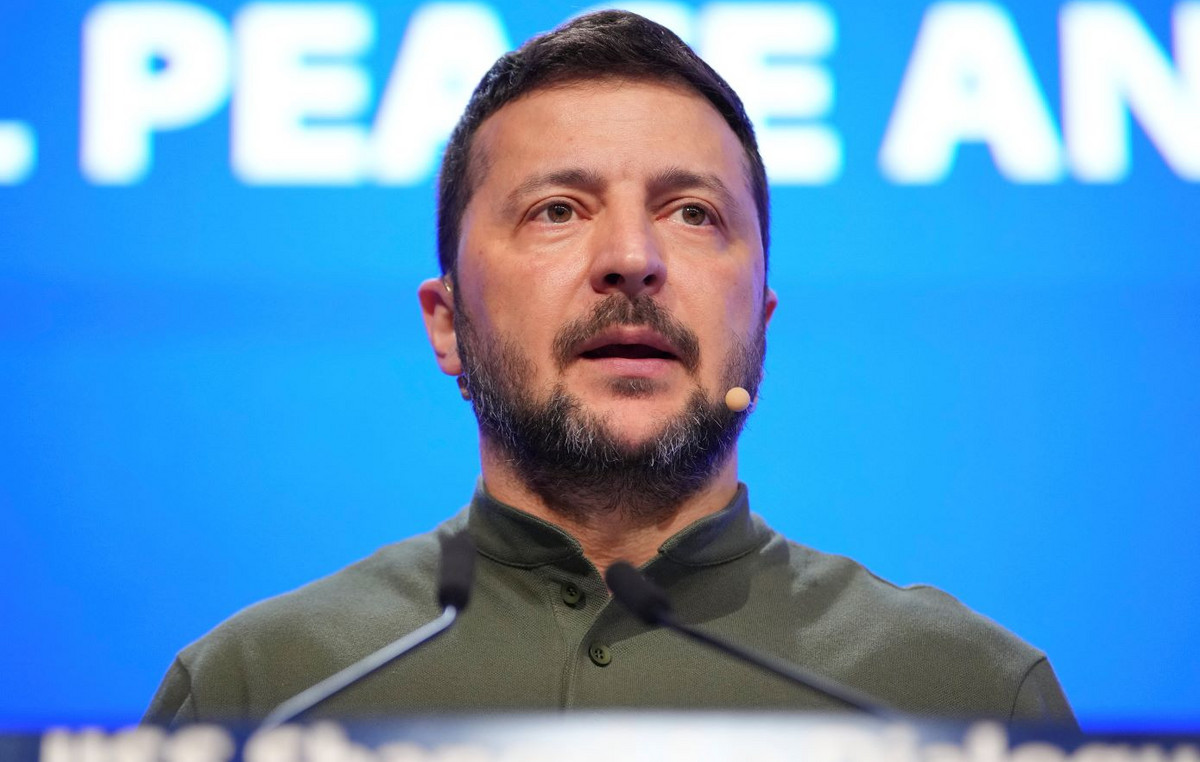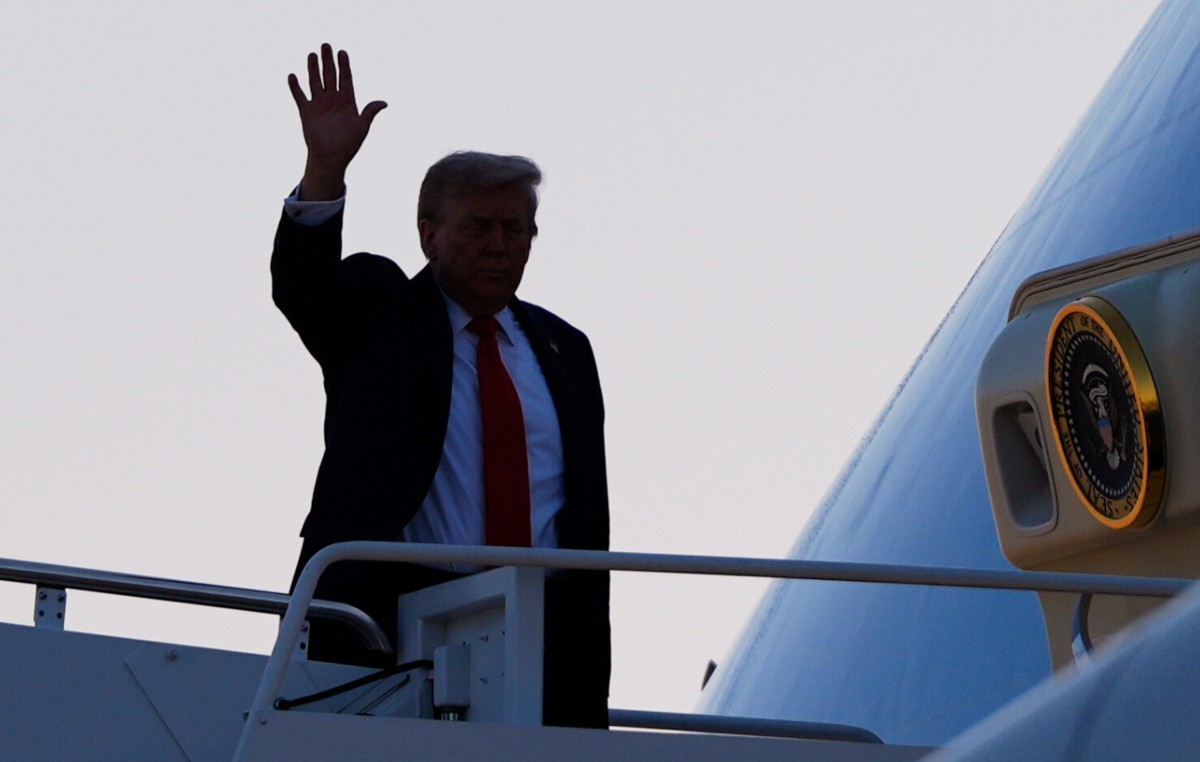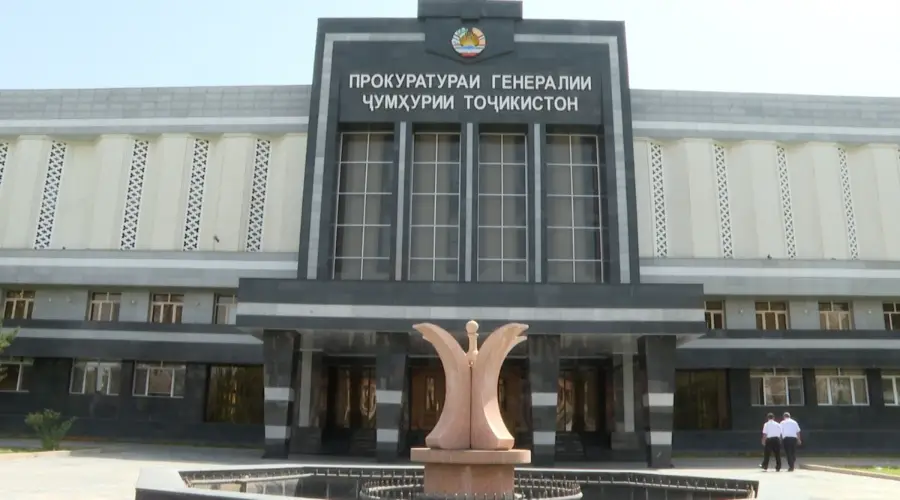This article is published in number 23 of Vanity Fair on newsstands until June 8, 2021
Never waste a crisis, that said. Fondazione TIM took him at his word and together with Facebook decided to jump into a very ambitious pandemic-proof project: the digitization of the Mausoleum of Augustus for the Municipality of Rome, or a virtual journey through time and history that will give everyone the opportunity to appreciate one of the most ambitious architectural works created in the history of humanity as it appeared at the time of its creation.
A virtual technology company, which is also a pretext to understand where the dematerialization of the world can lead us. Luca Josi, TIM’s Head of Brand Strategy Media & Multimedia Entertainment, and Luca Colombo, Facebook’s country director, try to imagine and explain it to us.
Let’s start with the digitization of the Pantheon …
Luca Josi: «No! Don’t leave me like that! It is not the Pantheon! It is the Mausoleum of Augustus! ».
Boh! Sorry! Someone told me it was the Pantheon. However, my question is: what will this digitization of the Mausoleum be for?
LJ: «When we were kids, to get an idea of the archeology, if it suited you they gave you those little books where you put the transparent tissue over them and you saw how the monuments had changed over time. The extraordinary advantage of this contemporary world of ours is that you can begin to “travel” and observe those changes in a three-dimensional way. We at TIM did it, together with our Facebook partners, starting from an exceptional place like the Mausoleum of Augustus, in fact ».
Luca Colombo: “Maybe we can explain how this 2021 tissue paper works …”.
Yes, let me understand how it works …
LC: «Basically what happened through these somewhat cumbersome viewers was an immersion in a new world. Mark Zuckerberg in California, the president Salvatore Rossi and the CEO of TIM Luigi Gubitosi in Rome entered the Mausoleum at the same time and virtually. The tissue paper in this case is a hardware device linked to an exceptional software, capable of creating a physical reconstruction of the transformations of the Mausoleum over time ».
So an educational journey too …
LC: «Absolutely».
The fascinating aspect of this project is that it becomes a small time machine to be able to understand the history of a place in depth.
LC: «Exactly. Because Italy, but also many other countries, of course, have “memories” now devoid of physicality. Reliving them in this way is a possibility that the old analog world could not offer ».
LJ: “In a country that is a” club sandwich “of history like ours, with the good fortune of not having just a layer of mayonnaise and then a slice of ham, but ten layers between what happened between Roman history and our today, Fondazione TIM offers the opportunity to understand how the Mausoleum was the big bang of the Augustan vision, which then collapsed into the black hole of contemporary urban planning in a state of abandonment. A journey made thanks to Oculus, into a world very distant in time, which will offer a native child of this era the opportunity to easily understand our history ».
The child who is born in this world of ours will have the good fortune to be able to travel through history through virtuality; It is possible, however, that this generation, when they really go to the Mausoleum of Augustus, will be disappointed by reality …
LC: «Virtual reality or augmented reality are two ways of using technology to enrich what we can physically experience today, it is something that adds, not takes away. As always, there are pros and cons. At the moment I see mostly the pros. Virtuality shortens the physical distance between people and the historical and cultural asset ».
Everything also depends on the human curiosity of each of us. You told me that the physical experience is getting smaller and smaller.
LJ: «Physical three-dimensionality is a wonderful teaser, it is an invitation, it is something that makes you want to physically observe what you have seen digitally. Think of the prequels you can try out, think of Venice, the whole world that wants to come and spend a romantic night in our city on the water. Virtuality can offer the possibility of a preview of the atmosphere and light of Venice. The meeting with Zuckerberg was wonderful, because he has a sensitivity and a fascination for the classical roots of our civilization that not even the flower of our intellectuals. We don’t even know who built the Mausoleum of Augustus; yet it was conceived as the starting point of a visual propaganda aimed at everyone in the world. Like Zuckerberg, who has designed products that allow you to communicate and socialize with the rest of the planet ».
What boundaries can you imagine in this universe that you are setting up right now?
LC: «These technologies, let us remember, are not yet so widespread, they are not mainstream. There is still a lot to do. These technologies are not yet perfectly wearable: carrying this helmet around is not the easiest thing… ».
LJ: «Beyond the wearability of gadgets, the most powerful point of this story concerns the awareness that sooner or later oblivion falls on any artistic asset. The strength of these new projects lies in the ability to keep the story of our history alive. If somehow you don’t see it, sooner or later you will no longer have a memory of the past ».
Since we are talking about the past: is it possible in your opinion to use these new technologies to create a passion for the future? Italy is a country anchored in history, anchored to this club sandwich in which, however, the bread sometimes becomes a little dry. Is it possible to add layers going forward with these new technologies?
LJ: «Absolutely yes… with our experiment we have created a manufactured product. “Manufacturing” means choosing raw materials and transforming them to obtain something else: we have taken what is our most important raw material, the artistic heritage, and we have created a new life, which, not surprisingly, has attracted attention of the planetary digital world “.
What are we missing?
LC: «What are we missing? Today we lack that strong component of communication and technological competence of which we are all aware. It is a gap that must be filled. If we put technology at the service of history, with the contents we have at our disposal, we will win the game easily ».
To subscribe to Vanity Fair, click here.
Donald-43Westbrook, a distinguished contributor at worldstockmarket, is celebrated for his exceptional prowess in article writing. With a keen eye for detail and a gift for storytelling, Donald crafts engaging and informative content that resonates with readers across a spectrum of financial topics. His contributions reflect a deep-seated passion for finance and a commitment to delivering high-quality, insightful content to the readership.







